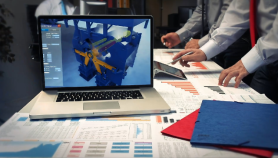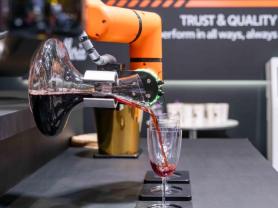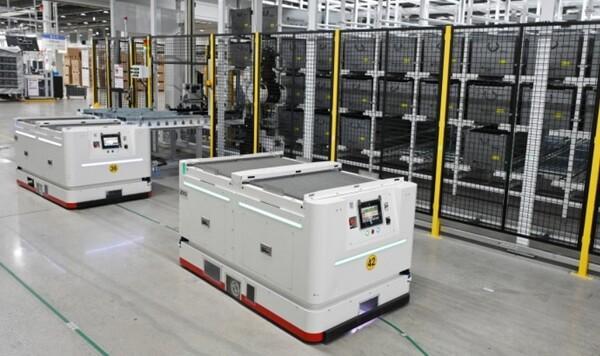
SEOUL, June 09 (AJP) - As industries worldwide undergo sweeping technological and structural shifts, manufacturers are redefining production at its core.
Nowhere is this transformation more pronounced than in South Korea, where industrial heavyweights, such as Samsung, Hyundai and LG, are rapidly embracing the smart factory — an integrated, data-driven model reshaping global manufacturing norms.
From intelligent communications to AI-driven production lines, the South Korean manufacturers are reshaping their operations to meet the demands of an era defined by automation, data, and resilience.
Unlike traditional factories, smart factories represent fully digitized, adaptive environments powered by artificial intelligence, edge computing, and next-generation wireless infrastructure.
Machines embedded with AI can now detect anomalies, self-correct in real time, and optimize performance without human intervention. Digital twin technology simulates entire production environments, eliminating the need for costly trial-and-error approaches.
Computer vision systems conduct instant quality inspections, while collaborative robots, or “cobots,” assist with complex or repetitive tasks. These systems are stitched together through private 5G networks and edge computing platforms, enabling ultra-low latency communication across machines, sensors, and control systems.
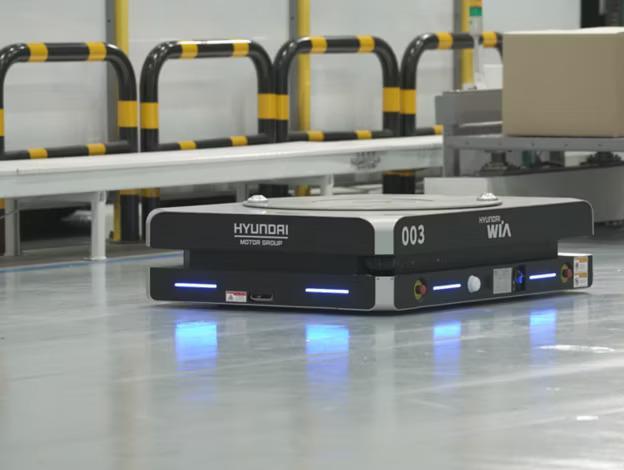
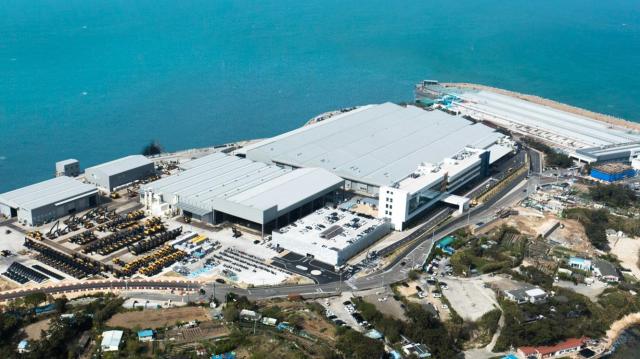
Industry experts say these innovations are not just about efficiency — they are responses to mounting global pressures: aging workforces, energy price volatility, disrupted supply chains, and intensifying global competition. By enabling more autonomous and adaptive production systems, smart manufacturing offers a pathway to resilience and long-term sustainability.
According to Precedence Research, the global smart factory market is projected to more than double, growing from $155.6 billion in 2024 to $386.4 billion by 2034. South Korea’s largest industrial firms are moving quickly to position themselves at the center of this transformation.
Hyundai Motor and Samsung Electronics are collaborating to implement Private 5G RedCap (Reduced Capability) networks in their manufacturing hubs, including Hyundai’s Ulsan complex and its Metaplant in Georgia, United States.
The system enables seamless, interference-free communication for over 200 autonomous mobile robots and a growing number of automated guided vehicles and inspection units. RedCap’s use of Qualcomm’s Snapdragon X35 5G chipset and Samsung’s customized 5G infrastructure reduces power consumption and latency, offering advantages over traditional Wi-Fi networks.
Hyundai has also embedded the technology into its diagnostic scanning systems to transmit inspection data in real time. Samsung’s platform supports AI-optimized network operations, and the companies report no communication-related downtime since implementation.
HD Hyundai has followed suit, investing 200 billion won to convert its Ulsan Campus into a fully integrated smart factory. The new 234,710-square-meter site merges two separate plants and features AI-driven inspection systems and welding robots. The upgrades have boosted production capacity from 9,600 to 15,000 units annually, improved productivity by 20 percent, and cut production times by 35 percent.
LG Electronics, meanwhile, is scaling smart manufacturing through an AI-centric, data-heavy strategy. Its platform processes 770 terabytes of production data across global operations, enabling predictive maintenance, automated defect detection, and faster decision-making.
Digital twin simulations allow full-scale factory modeling before physical deployment, significantly reducing costs and risk.
At LG’s Smart Park in Changwon, automation levels have reached 65 percent, increasing productivity by 22 percent and reducing defects by 30 percent.
Its Tennessee plant in the U.S. achieved similar gains, with energy efficiency rising by 30 percent. Both sites have earned recognition as “Lighthouse Factories” from the World Economic Forum.
In 2024, LG launched a dedicated smart factory unit that now supports clients ranging from electronics firms to cosmetics producers. The unit is projected to generate 1 trillion won in orders by 2030. Rather than offering off-the-shelf products, LG provides tailored end-to-end solutions.
“This is a once-in-a-generation transformation,” said Cho Joo-wan, LG’s chief executive, noting that the initiative prioritizes not only speed and scale, but adaptability, sustainability, and long-term client integration.
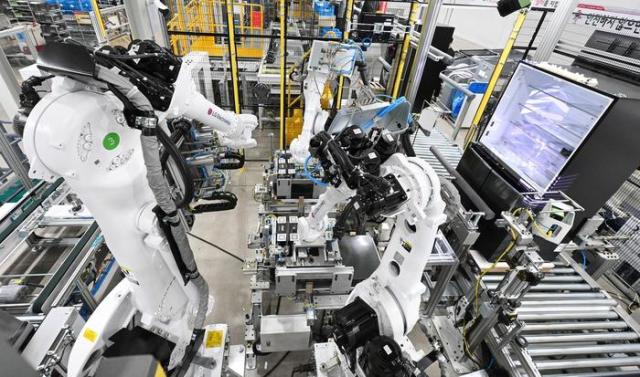
Copyright ⓒ Aju Press All rights reserved.


